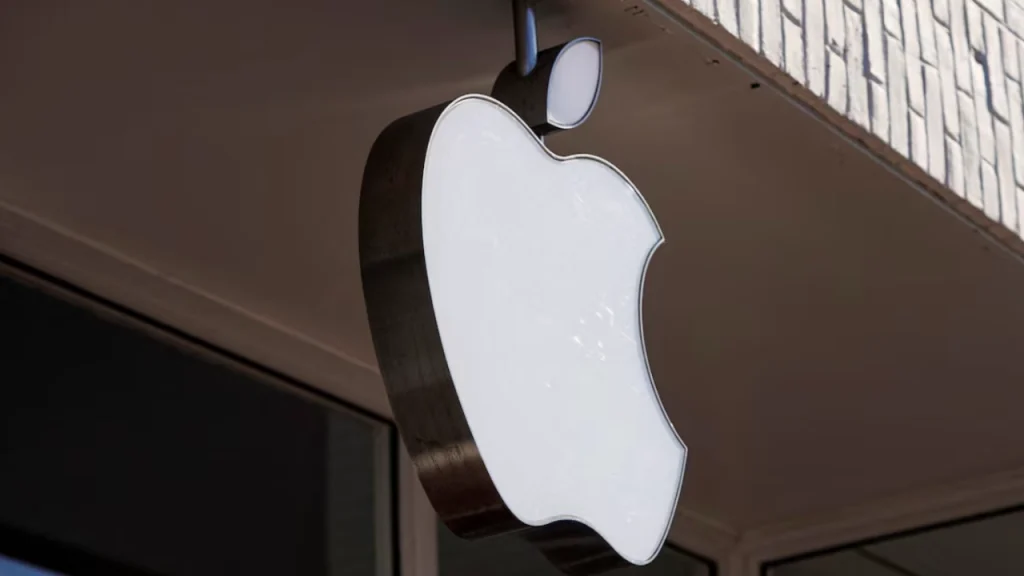- Apple updates its range with M5-powered MacBook Pro, iPad Pro, and Vision Pro headset
- The new devices aim to compete with rival AI-oriented chips from Qualcomm and Intel
What happened: New lineup boosts performance with M5 chip
Apple Inc. has launched a new line-up of devices, including a refreshed MacBook Pro, iPad Pro, and the second generation of its Vision Pro headset. Central to these updates is the integration of Apple’s latest M5 chip, which is set to enhance the performance of these devices, particularly targeting creative professionals. The move comes as part of Apple’s ongoing strategy to embed its most advanced silicon in its high-end products first.
This release positions Apple to better compete against rivals in the market, especially those using Qualcomm and Intel’s latest AI-focused chips. The M5 chip promises significant performance improvements, enabling faster processing and greater efficiency for complex tasks like video editing, 3D rendering, and machine learning, which are core needs for many professional users.
Also Read: OpenAI uses Apple’s data centres to serve ChatGPT on iPhones
Also Read: Trump urges Apple to move iPhone production to U.S.
Why it’s important
The debut of the M5 chip in the MacBook Pro and iPad Pro highlights Apple’s increasing commitment to its own custom silicon, which has been a key differentiator for the company in recent years. Apple’s transition to using its own chips in place of Intel’s processors has given it more control over product development, allowing for tighter integration between hardware and software. The new M5-powered devices are expected to raise the bar for performance in their respective categories.
Apple’s decision to unveil the M5 chip first in its premium devices also reflects its focus on the professional market. By positioning the chip in the MacBook Pro and iPad Pro, Apple is aligning its products with the needs of creatives who require powerful, reliable tools. The new Vision Pro headset, while not the main focus of this announcement, is expected to benefit from the M5 chip’s capabilities as well, supporting its immersive experiences for professional applications in design, virtual reality, and augmented reality.
As Apple continues to innovate in the silicon space, its new devices are likely to further solidify its lead in the high-end tech market, challenging competitors who have been focusing heavily on AI-powered chipsets.

